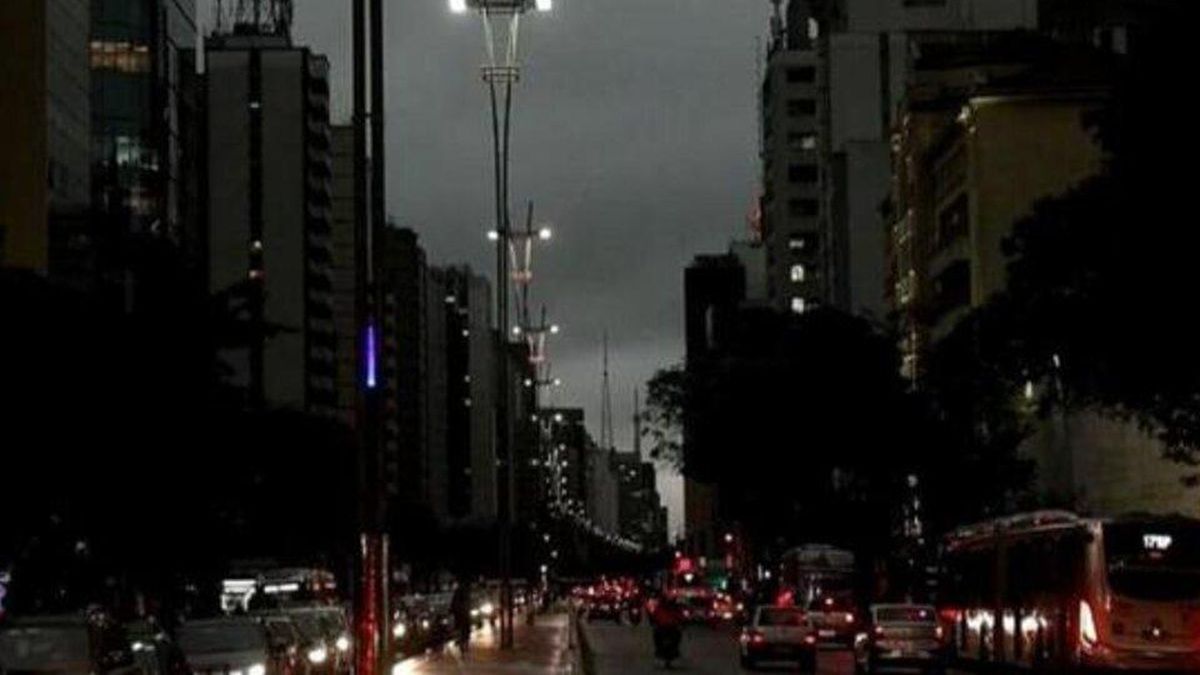I have been working in the news industry for over 6 years, first as a reporter and now as an editor. I have covered politics extensively, and my work has appeared in major newspapers and online news outlets around the world. In addition to my writing, I also contribute regularly to 24 Hours World.
Menu
Middle East war: Netanyahu: Second phase of the Gaza war has begun
Categories
Most Read
President of Madagascar flown out after violent protests
October 14, 2025
No Comments
Hamas hostages: Remains of four dead identified
October 14, 2025
No Comments
Gaza Agreement: Qatar: Talks are underway on the next phase of the Gaza war
October 14, 2025
No Comments
Middle East: Report: Israel calls for progress on return of dead
October 14, 2025
No Comments
Donald Trump compliments Giorgia Meloni at the peace summit
October 14, 2025
No Comments
Latest Posts

Car rolled away and buried woman (67) in Eschenau
October 14, 2025
No Comments
The 67-year-old ended up lying between the car, wooden wall and meadow. The vehicle was recovered using a crane. Rescue, emergency doctors, police and members

Massive blackout in Brazil left more than half of the states without electricity
October 14, 2025
No Comments
October 14, 2025 – 10:20 The interruption of supply occurred in at least 14 of the 27 Brazilian states, including the most populated ones such

MasterChef Celebrity: how was the rating on the cooking reality show’s return to television
October 14, 2025
No Comments
MasterChef Celebrity debuted on the Telefe screen this Monday with the conduct of Wanda Nara and the return of the chefs Germán Martitegui, Damián Betular
24 Hours Worlds is a comprehensive source of instant world current affairs, offering up-to-the-minute coverage of breaking news and events from around the globe. With a team of experienced journalists and experts on hand 24/7.

